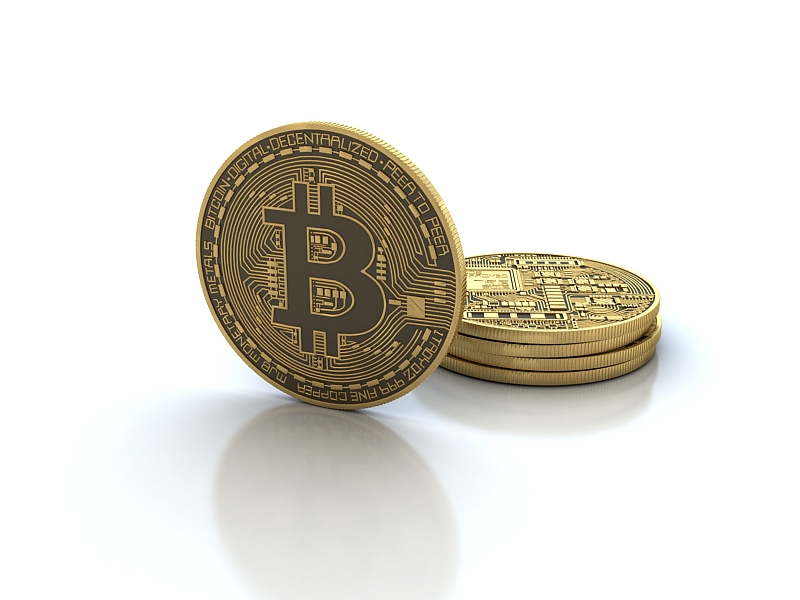What Exactly is Bitcoin?
Bitcoin is a decentralized digital currency that allows peer-to-peer transactions without banks or governments. Created in 2009 by an anonymous entity known as Satoshi Nakamoto, it introduced the world to blockchain technology—a secure, transparent public ledger.
How Does Bitcoin Work? A Simple Explanation
Bitcoin transactions follow a few core steps:
- Users initiate a transaction using digital wallets.
- The transaction is broadcast to a decentralized network.
- Miners validate transactions via cryptographic puzzles.
- Confirmed transactions are recorded on the blockchain.
This system ensures transparency, security, and decentralization.
The Key Advantages of Using Bitcoin
- Lower Fees: Especially beneficial for international transactions.
- Financial Inclusion: Accessible to anyone with internet access.
- Decentralization: No government or institution control.
- Scarcity: Capped at 21 million coins to fight inflation.
- Fast Global Transfers: Settle transactions in minutes, not days.
Potential Risks and Challenges of Bitcoin
- Volatility: Prices can change rapidly and unpredictably.
- Legal Uncertainty: Regulations vary across countries.
- Security Responsibility: You’re responsible for your private keys.
- Merchant Adoption: Still limited in some regions.
- Network Risks: Though rare, 51% attacks are theoretically possible.
How Can You Get Bitcoin?
- Purchase from crypto exchanges (like Binance, Luno, or Coinbase).
- Accept Bitcoin for goods or services.
- Mine Bitcoin (requires technical expertise and hardware).
Understanding Bitcoin Wallets
Bitcoin wallets store your coins and are used to send or receive transactions. Common wallet types include:
- Software Wallets: Apps like Trust Wallet, Electrum, or Exodus.
- Hardware Wallets: Physical USB-like devices (e.g., Ledger or Trezor).
- Paper Wallets: Physical printouts of keys (highly secure if stored well).
Bitcoin in Ghana: A Local Perspective
Ghanaians are increasingly exploring Bitcoin as a tool for remittances and wealth preservation amid economic uncertainty. Although not officially regulated, the crypto scene is growing with more local users and peer-to-peer exchanges entering the market.
Getting Started with Bitcoin: Step-by-Step
ol>Frequently Asked Questions (FAQs)
Is Bitcoin legal in Ghana?
While not banned, Bitcoin is not officially regulated. Users should stay updated on local policies and use caution.
Can I lose my Bitcoin?
Yes. Loss of your private key or falling victim to scams can result in permanent loss of funds.
Is Bitcoin safe?
The Bitcoin network is secure, but users must take personal steps to secure their wallets and devices.
Conclusion: Is Bitcoin Right for You?
Bitcoin offers a powerful alternative to traditional finance, especially in regions with economic volatility. As a beginner, focus on learning, staying secure, and making informed decisions. Bitcoin isn’t just a currency—it’s a movement.
Other Posts
- The New Gold Coin for Ghana (GGC): Value, Benefits, and How to Buy
- How to Pay Less Tax in Ghana: Smart Income Tax Planning Strategies for 2025 and beyond
- How to Reduce Your Taxable Income Legally in Canada: 2025 Legal Tax Hacks
- Slash Your IRS Bill: 10 Legal U.S. Tax Reduction Strategies for 2025
- Pension Benefits in Ghana: How to Maximize Your Retirement Contributions
- How to Reduce Your UK Income Tax Bill: 10 Smart Legal Strategies
- Ghana’s 2026 VAT Update: Understand the New Rate and Its Business Impacts
- Gold Soars Above $3,300 as US Chip Export Curbs to China Trigger Market Sell-Off
- US Tightens Chip Export Rules to China: What It Means for Global Chipmakers
- Exchange Rates: How Currencies Gain or Lose Value
- Training for Speed: Expert Tips to Improve Your Sprinting Performance
- SMART Fitness Goals: The Key to Staying Motivated and Reaching Your Fitness Potential
- Fitness Tracking Devices: Do You Really Need a Smartwatch?
- Enhance Your Training with Wearable Fitness Tech: Track, Improve, Achieve
- Why Recovery Matters: Understanding the Role of Rest Days for Fitness Progress
- Fitness Strategies: How to Build Lean Muscle Effectively
- Maximize Your Workout Results: Top Foods to Eat Before and After Exercise
- Real Estate Crowdfunding: A Low-Cost Way to Invest in Real Estate
- Real Estate Investing Strategies: How to Flip Houses & Build Passive Rental Income
- Mobile Payments: The Future of Fast and Secure Transactions
- AI in Finance: How Artificial Intelligence is Revolutionizing Financial Services
- The Future of Insurance: How InsurTech is Disrupting Traditional Models
- Understanding Your Financial Behavior: The Psychology of Money & How to Manage It
- Breaking Free from Debt: Proven Strategies to Achieve Financial Freedom
- The Hidden Dangers of IoT: How to Safeguard Your Connected Devices
- IoT and Agriculture: Feeding the World with Technology
- AI Investing: Best AI Stocks to Improve your portfolio
- AI Creativity : Can Machines Truly Innovate
- IoT For Business Efficiency: Key Benefits and Applications
